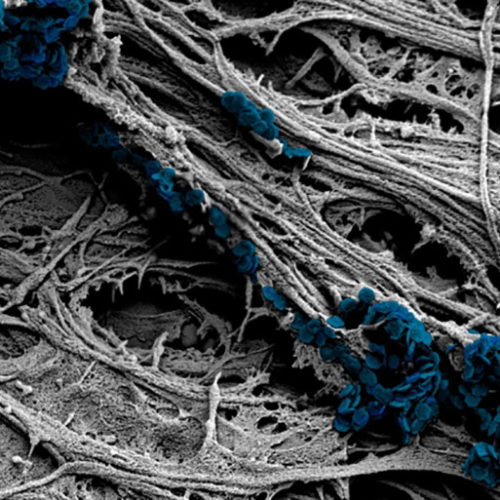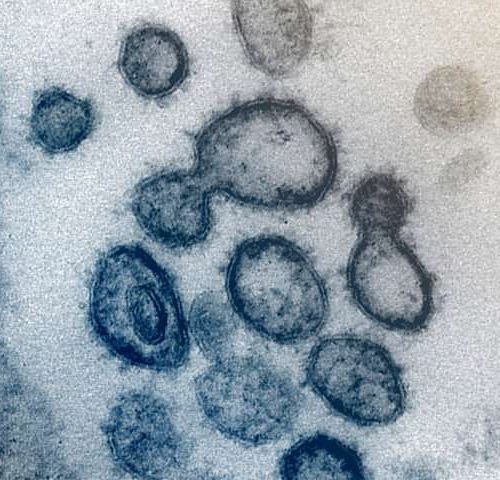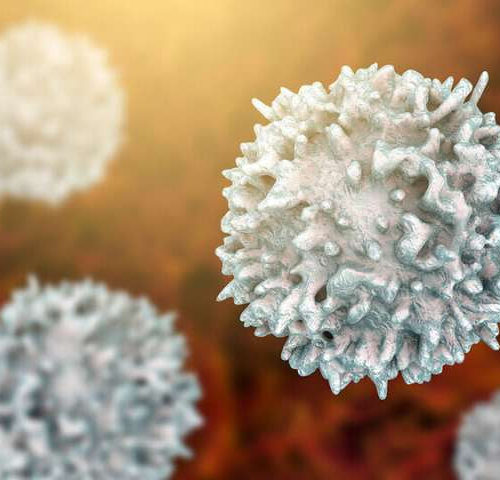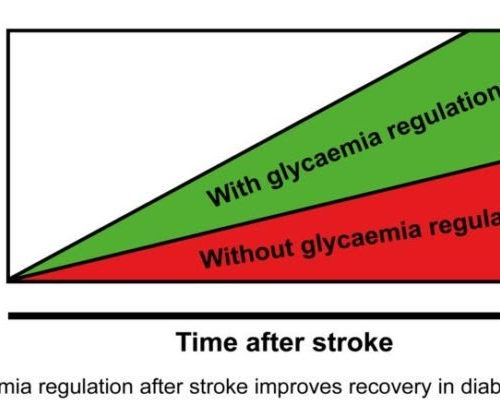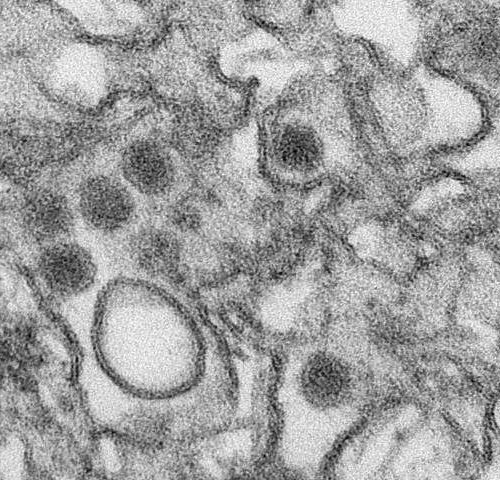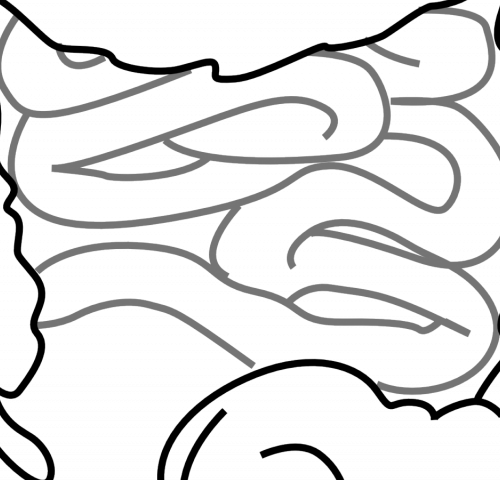Electrical stimulation and chemical pharmaceuticals are the two ways that doctors and scientists routinely use to manipulate neural cells. Chemicals have their side effects, are slow to take effect, and are usually systemically delivered, while electrical stimulation usually requires invasive wires, is limited in its resolution, and is nearly impossible to administer within certain parts...
Tag: <span>Neurological disorder</span>
Genetic editing milestone in mouse model of Rett Syndrome
Editing technique repairs mutant MeCP2 RNA and restores MeCP2 protein function RETT SYNDROME RESEARCH TRUST LEAD AUTHOR, JOHN SINNAMON, AND PRINCIPAL INVESTIGATOR, GAIL MANDEL. view more CREDIT: RETT SYNDROME RESEARCH TRUST A genomic error that causes Rett Syndrome, a serious lifelong neurological disorder, can be corrected in the brains of mice by rewriting the genetic...
Increase in delirium, rare brain inflammation and stroke linked to COVID-19
by University College London This transmission electron microscope image shows SARS-CoV-2 — also known as 2019-nCoV, the virus that causes COVID-19 — isolated from a patient in the US. Virus particles are shown emerging from the surface of cells cultured in the lab. The spikes on the outer edge of the virus particles give coronaviruses...
Team develops new approach to treat certain neurological diseases
This news or article is intended for readers with certain scientific or professional knowledge in the field. Research produces dramatic results in laboratory studies involving fatal myelin disease that strikes children. A team led by Case Western Reserve University medical researchers has developed a potential treatment method for Pelizaeus-Merzbacher disease (PMD), a fatal neurological disorder...
Study spotlights potential culprit in relapses of multiple sclerosis
by Scott Schrage, University of Nebraska-Lincoln A rendering of B lymphocytes, the white blood cells responsible for producing antibodies to fight infections. Recent research led by Nebraska virologists has found that an overabundance of B lymphocytes infected with the Epstein-Barr virus contributed to the recurrence of multiple sclerosis-like symptoms in mice. Credit: Shutterstock A recent...
NIH study finds out why some words may be more memorable than others
Results suggest our brains use internet search engine strategies to remember words and memories of past experiences. Credit: Courtesy of Zaghloul lab, NIH/NINDS. Thousands of words, big and small, are crammed inside our memory banks just waiting to be swiftly withdrawn and strung into sentences. In a recent study of epilepsy patients and healthy volunteers,...
The regulation of glycemia after stroke improves neurological recovery in diabetes
In a study in mice, researchers at Karolinska Institutet have discovered a new potential therapeutic approach to facilitate neurological recovery in people with diabetes suffering from a stroke. The treatment strategy is based on the chronic normalization of hyperglycemia after stroke. The scientists hope that these new results, presented in the scientific journal Diabetes, open...
Zika infection soon after birth leads to long-term brain and behavior problems
by Emory University Researchers from the Yerkes National Primate Research Center have shown Zika virus infection soon after birth leads to long-term brain and behavior problems, including persistent socioemotional, cognitive and motor deficits, as well as abnormalities in brain structure and function. This study is one of the first to shed light on potential long-term...
Social isolation increases the risk of heart attacks, strokes, and death from all causes
by European Academy of Neurology Those who are socially isolated are over 40% more likely to have a cardiovascular event, such as a heart attack or stroke, than those who were socially integrated, new research has shown. The German study, due to presented tomorrow at the European Academy of Neurology (EAN) Virtual Congress, found that...
New gut-brain link: how gut mucus could help treat brain disorders
by RMIT University Mucus is the first line of defence against bad bacteria in our gut. But could it also be part of our defence against diseases of the brain? Bacterial imbalance in the gut is linked with Alzheimer’s disease, autism and other brain disorders, yet the exact causes are unclear. Now a new research...

